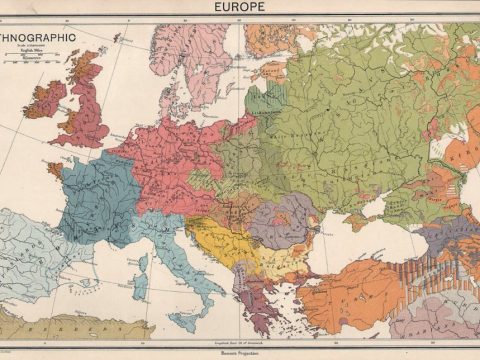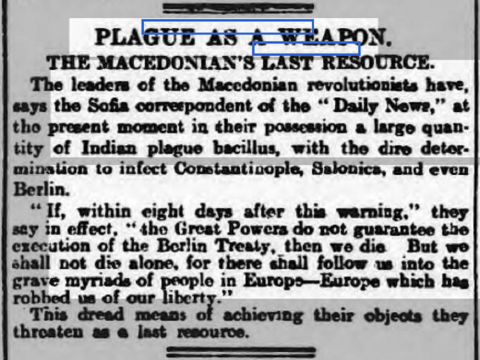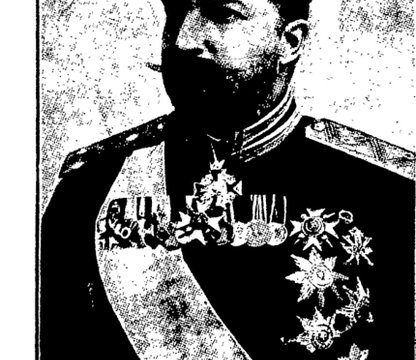
1908.10.14_Otago Witness, Issue 2848
Македонците споменети како соседски народ со Бугарите 1908. “Кнезот Фердинанд од Бугарија… во име на нивните соседи Македонците”.
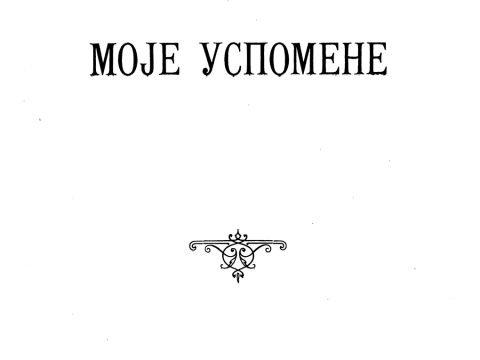
1906_Др. Михајило Марковић – ‘Моје Успомене’
Михајило Марковиќ: – Го прашав, дали е Бугарин? – Човекот: „не сум“. – Михајило Марковиќ: Го прашав дали е Србин, Грк или можеби Цинцар. – Човекот: „не сум. Јас сум МАКЕДОНЕЦ од Велес “.

1904_Паја Адамов – „Бранково Коло за Забаву, Поуку и Књижевност“
…Оваа зима македонска театарска група, под раководство на Црнодримски, имаше гостински претстави во Белград и во некои други градови на Кралството Србија. Презентираните оригинални македонски драми на Македонски ЈАЗИК, со еден збор, имавме огледи за нова духовно-културна литература и уметност – МАКЕДОНСКА… не беше жаргон, туку исход на ТУЃА култура…

1912_“Dom in Svet”, letnik 25, številka 12, Ljubljana
Македонско знаме, Слобода или Смрт “Свобода или Смрть”
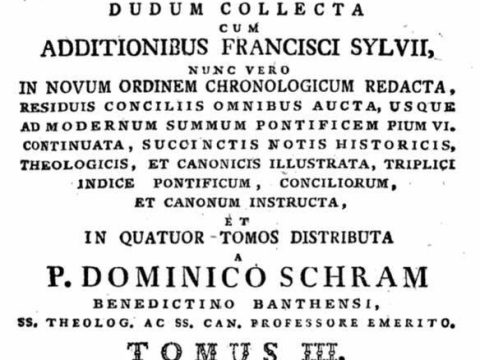
1778_P. Dominico – “Summa Conciliorum”
Македонците споменети како посебен народ покрај Бугарите, Србите, Албанците.
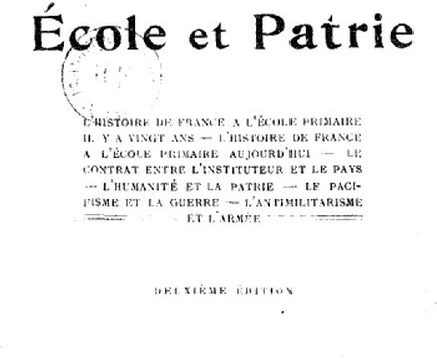
1908_George Duruy – ‘Ecole et Patrie’
…Македонци, Грци, Бугари, Германци…
1931_Британска етнографска карта
Британска Етнографска карта на Европа, 1931, Македонци забележани како посебен народ. Британская этнографическая карта Европы 1931 г., македонцы отмечены как отдельный народ.
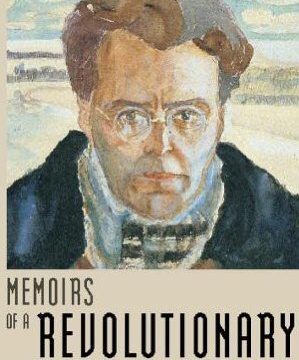
1951_Victor Serge – ‘Memoirs of a Revolutionary’
“Македонците, горди, сиромашни, и тивко, беа само Македонци.” Victor Serge, “Memoirs of a revolutionary”, 1903-1941.

1900_Петербуршки ведомости, бр.315
Склучувањето на Санстефанскиот договор беше голема грешка од руска страна. Зашто тој Договор правеше од Македонија чисто бугарска земја. Таа е словенска, но не и бугарска.

Славејко Арсов
Четата на војводата Славејко Арсов. (прв ред втор од десно кон лево)

2020.01.20_Зузана Тополињска
Мене лично многупати директно некако ми го искомпликува животот односот на Бугарите со фактот дека јас се занимавам со македонистика и го истражувам македонскиот јазик. И од тука ми дојдоа некои асоцијации како изгледале тие бугарски интервенции од самиот почеток, откога почнав да се занимавам со македонистиката. Мислам дека овие случки кажуваат многу, а мојот заклучок е дека пред сè…

1433_Bertrandon de la Brocquiere- “Le Voyage d’Outremer – Recueil de voyages et de dokumentes pour sevir á l`Historie de la géographie”, p.200
Македонците одделени од Грците, Србите, Бугарите, Албанците итн…

1874.11.18 Постол – 1926.07.26 Софија_Крсте Петков Мисирков
Дајте ни да си имаме свои, македонски национални чувства и да создаваме македонска култура, како што сме го правеле тоа со векови и кога нашата татковина не влегувала во една држава со вашата. Самоопределувањето на македонците „Мир“ 7427, 25.3.1925, 1
1903.06.02_ Lancashire Evening Post – По Солунските атентати Гемиџиите се заканувале со биолошко оружје
Во пролетта 1903 година, неколку месеци пред Илинденското востание, започнале терористичките акции на Солунските атентатори, а овие настани придонеле светот и Европа да слушнат за проблемот со македонското прашање. „Чумата како оружје: Последниот воен ресурс на Македонците“ е насловот на новинарски напис во англискиот весник Lancashire Evening Post објавен на 2 жетвар 1903 година. По завршувањето на терористичките акции на…

1890.07.19_The Times from London, (Greater London), pg. 07
Во статијата се споменуваат Митрополитот Теодосиј (скоро сигурно се мисли на Т. Гологанов) и уште двајца митрополити кои се Македонци поставени за епископи во Македонија од бугарската егзархија, а кои никогаш не живееле во Бугарија. Нивното поставување во Македонија наишло на протести кај грчките провладини весници каде отворено се признава дека идното приклучување на Македонија го сметаат за клучно за…
